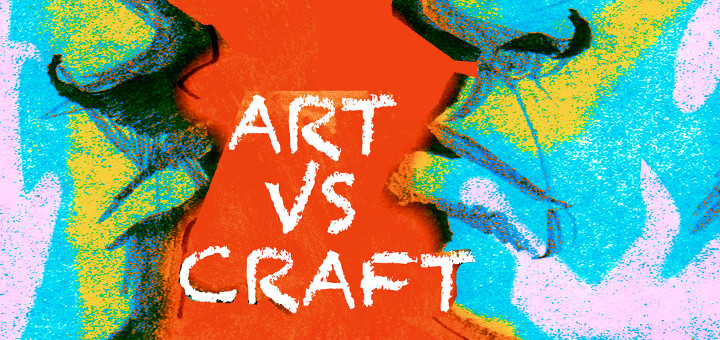This article over at gamesindustry.biz - Zynga: "The game industry is not art, it's a craft", really got me thinking about the whole debate on games as art that was the topic du jour a while back when Roger Ebert was saying games can never be art.
Without really opening up the whole dialog again, since I don't want to rehash the old debate, (though if you want to know my opinion on games as art scroll to the bottom), I would instead like to point out the difference between game mechanics and games. The real problem with the statement from Andy Tian is that he conflates games with game mechanics. What Zynga has done, very successfully, is optimize a game mechanic, specifically a reward payout scheme. This mechanic is nothing new and games have been utilizing it for eons, the quintessential example being your classic Las Vegas slot machine. These machines are indeed games but only utilize and optimize for a single-game mechanic, to pay out just enough to keep the player playing, but not too much to make the casino lose money. This mechanic is crafted to a fine edge, to cut away the purse strings of the person playing it, but perfecting a single game mechanic, on a single platform, is not art. Though games like Farm Ville, Mafia Wars, City Ville, Cafe World, etc use more than a single game mechanic, they still use very simple mechanics optimized for their specific users on one specific platform.
Unlike games (in the most general sense), which can use a limitless number of tools in their preverbal tool chest (game mechanics) to create all kinds of different emotions in their players. See Nicole Lizzaro's work on emotions in games for a really in-depth look at this. To put it in a game example it is like chess and poker. You can design a computer to beat world champions at chess because the game is rather simple, though deep with permutations in move making but vs. poker where the game is complex, not just in basic choices the player can make (check, raise, fold, etc), but variable in why they would make those choices (bluffing, trapping, protecting, etc), coupled with how well they convinced their opponent(s) the reasons for their individual actions. This makes it very hard to "craft" a perfect poker player, but who knows in time, perhaps there will be a "Deep Purple" to rival the great Deep Blue.
To further punctuate my point, take an example from game designer Brenda Brathwaiteover a LOLApps and her book - Challenges for Game Designers.
You find yourself at the very edges of a criminal empire. On the one hand, you are tasked with infiltrating it and bringing it to its knees. On the other hand, you have to work with the others already in the empire to build a case against them. Doing so requires you walk a delicate line, simultaneously working with criminals and against them all the while hoping they will implicate one another (and seeding opportunities for them to do so). Craft a set of rules which would allow for such a game.
Could you simply craft the single perfect design for this? Doubtful. So as to my own opinions about games as art? I only have this enigmatic response - How can large groups of people, called "artists" work on something for years and not have the final piece of work called art?
